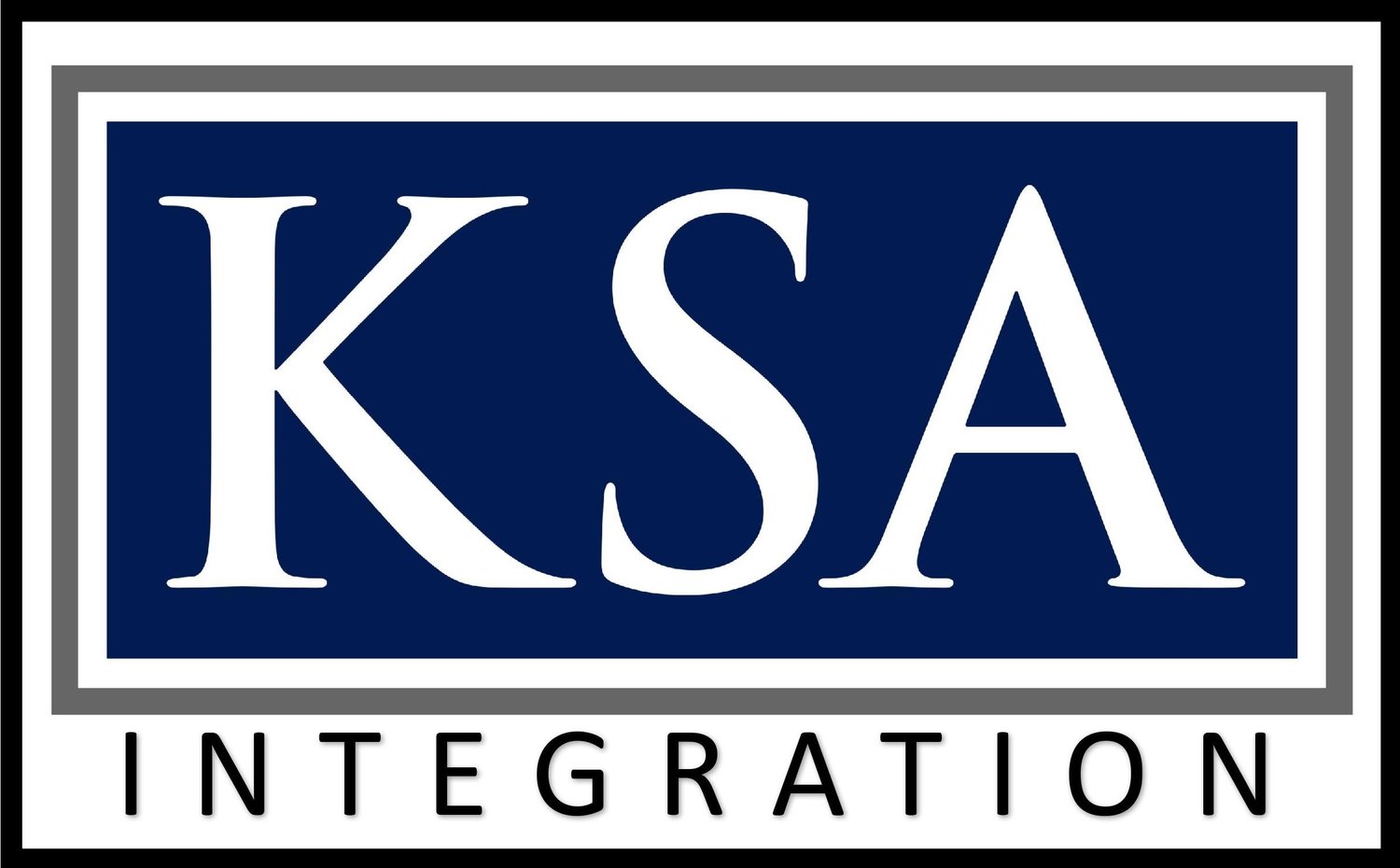Standards, Accountability, and Rewards
- November 2, 2014
- Posted by: k-admin
- Category: Leadership

“It is wrong and immoral to seek to escape the consequences of one’s acts.” ― Mahatma Gandhi Employees will accept and welcome any high, reasonable, and consistent standards of behavior and performance that their leaders set. However, the standards need to be made known in advance and all employees need to be held accountable in a transparent manner. While this may sound pretty simple, it is usually sub optimized in organizations. Like most things, it starts with leaders understanding how the employees think about the business of standards and accountability.
Reasonable, consistent, and high standards of behavior and performance means pretty much what it says; that standards must be meaningful, achievable, and contribute to the greater good of the organization’s mission, the larger benefit of the members, their goals and objectives, and the long term health of the collective effort.
The standards must also challenge employees in ways that aspire the achievement of an objective that creates the rewards of self and external satisfaction in a job well done. They have to be consistent, stable, easy to understand, and while not easy to attain, be achieveable with sustained superior effort.
All too often employees receive vague goals, wishy washy vision statements, fluffy idealisms, and nebulous platitudes that pass for organizational standards. Leaders need to truly, “tell it like it is”, articulate standards as news that employees can use, and ensure they are understood. Don’t include anything that doesn’t contribute concretely to the greater good of the organization’s mission, the larger benefit of its members, enabling actions, and the long term benefit of the organization. Once established, leaders need to make sure that standards are protected from the “mission creep” of extraneous additions and refinements, as well.
Make absolutely certain that the standards and objectives are made known to all involved in advance; “I expect that we will accomplish….” “I will not tolerate…..” “This is a no fail mission.”, “Company policy is…..”.
Accountability is essential, and I mean genuine, meaningful accountability in the form of specific consequences for failure or noncompliance that is fair and proportional to the circumstances. It also must be seen by others to be so. All too often, there are no consequences, or worse yet, responsible parties are later rewarded in ways that cause employees to understand that not only was there no accountability, but the system of rewards had been corrupted as well.
Genuinely recognizing superior achievement is equally important and all too infrequently done in organizations. The opportunity to publicly praise the behavior and performance of an employee is a priceless opportunity to show all the employees that the “system” works. It also demonstrates that there is leadership empathy for the workforce, that leaders understand the challenges, appreciate difficult labors, and value not only the honoree but everyone who contributes. It is also a great way to remind everyone what the standards and objectives are.
“A trophy isn’t about the hardware, the gold-painted statue mounted on marble, it’s about the recognition of excellence. A trophy is a physical representation of the abstract concepts of hard work and dedication.” ― Jarod Kintz
Many thanks, Keith Stalder, #22
Copyright © 2014 Keith Stalder & Associates, LLC. All rights reserved.
